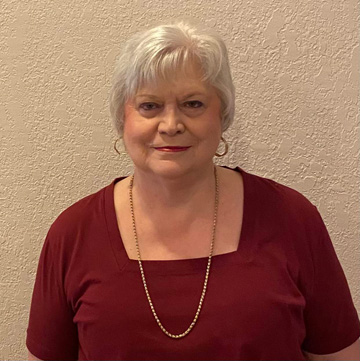
(NewsUSA) -People make New Year's resolutions to create positive change, from finances to fitness to focus. This year, consider a resolution that could save your life: listen to your heart.
-People make New Year's resolutions to create positive change, from finances to fitness to focus. This year, consider a resolution that could save your life: listen to your heart.
In the United States, more than 650,000 people die each year from heart disease, which has been the leading cause of death for decades. Many heart disease deaths could be prevented with early action and intervention.
People with heart disease may experience "classic" symptoms, such as chest pain or heart palpitations. For others, an early warning sign might be something that doesn't initially seem to be related to the heart at all, such as shortness of breath, dizziness, swelling, or loss of consciousness.
Resolve to not ignore these or any other symptoms. Don't dismiss something you might think is minor -- especially when it's your heart, any issue (big or small) is important. Visit your doctor or seek emergency services as soon as possible. Even if you don't have underlying health conditions, never treat anything with your heart lightly.
Brenda Joseph, 75, of Bedford, Texas, was experiencing new symptoms, such as trouble breathing, especially when lying down, and swelling in her legs and feet. She didn't ignore what was happening. She sought treatment for her symptoms and was ultimately referred to a cardiac electrophysiologist, who diagnosed nonischemic cardiomyopathy, a type of heart disease often referred to as heart failure.
"If I hadn't gone [to the doctor], I wouldn't be here," Brenda says.
An "ejection fraction" (EF) is a measure of how efficiently the heart is pumping. Brenda's EF was at 25 percent. A normal EF is 55-70 percent.
A low EF is one of the risk factors for sudden cardiac death (SCD), which occurs when a failure of the heart's electrical system triggers a dangerously fast heartbeat -- so fast that it causes the heart to quiver or shake instead of pumping blood to the body and brain. This happens without warning and causes the individual to suddenly lose consciousness. Without treatment, SCD occurs in minutes.
Brenda's weak heart function, combined with her heart failure, meant that she had an increased risk of dying suddenly due to a dangerous heart rhythm. There are treatment plans that can help heart patients live better and longer lives, but patients must pay attention to their symptoms and seek care.
The most effective treatment is defibrillation, an electrical shock to get the heart back to a normal rhythm. If you are at risk, your doctor may recommend a LifeVest® wearable defibrillator so that you can have protection from SCD. LifeVest is designed to detect certain life-threatening rapid heart rhythms and automatically deliver a lifesaving treatment shock.
Brenda's doctors prescribed LifeVest for her protection, and Brenda was able to return home. Her doctor reinforced the importance of wearing LifeVest at all times to ensure she had protection.
Shortly after returning from the hospital, Brenda was sitting at her kitchen table when she would need that protection. She suddenly lost consciousness. LifeVest detected an abnormal heart rhythm and delivered a treatment shock that saved her life.
"I'm thankful that I had [LifeVest]," Brenda says, "I'm happy to be here."
Listen to your heart: Don't ignore your symptoms. It just may save your life.













